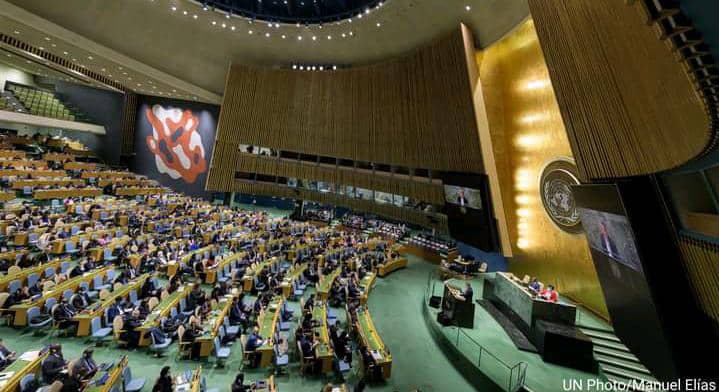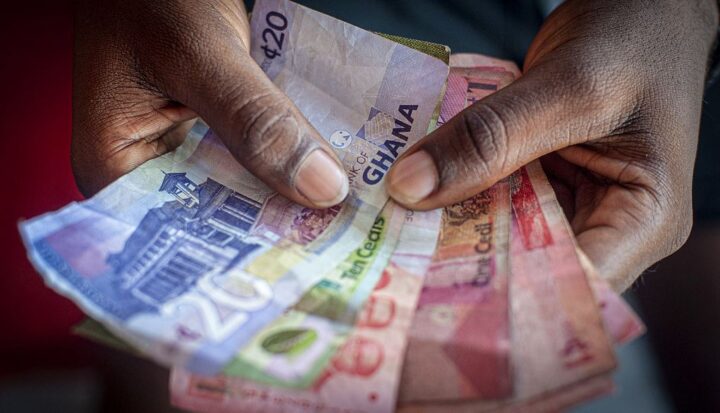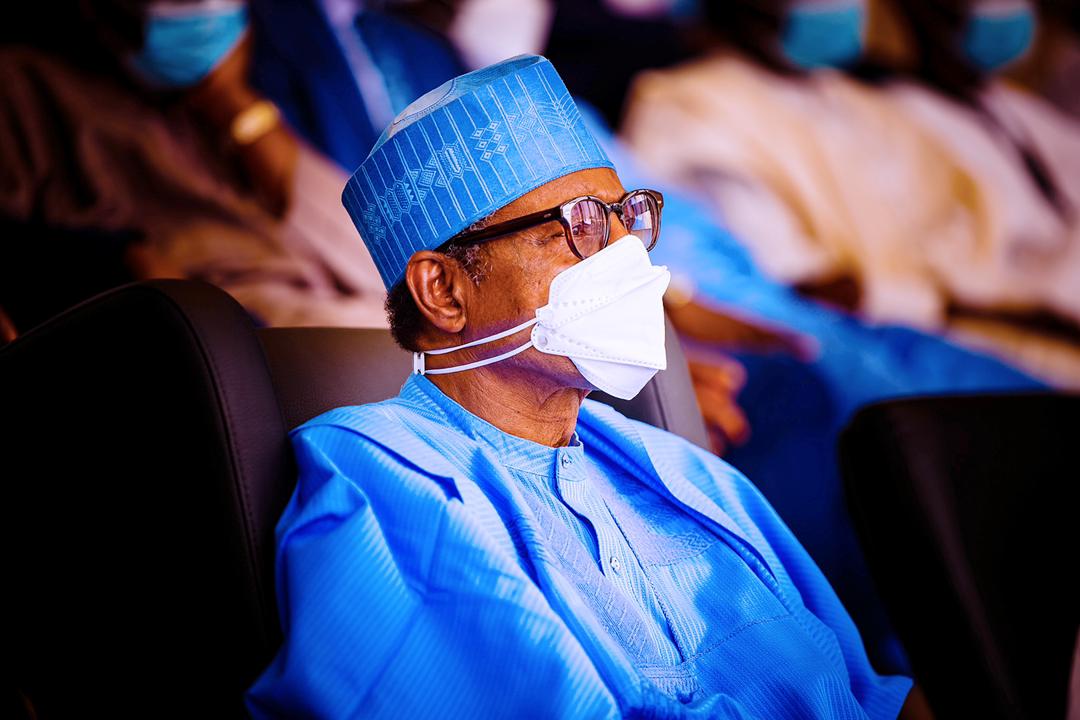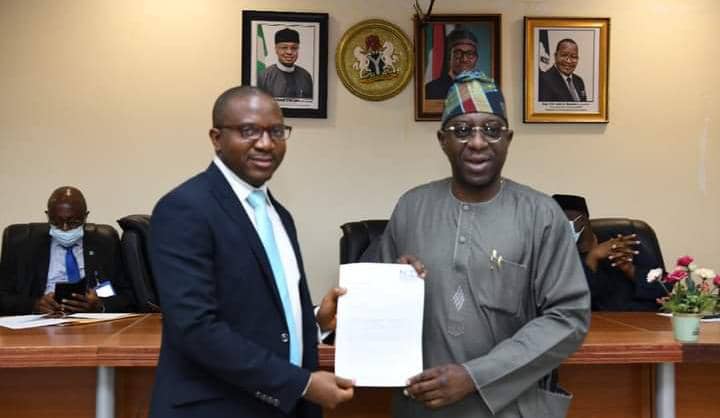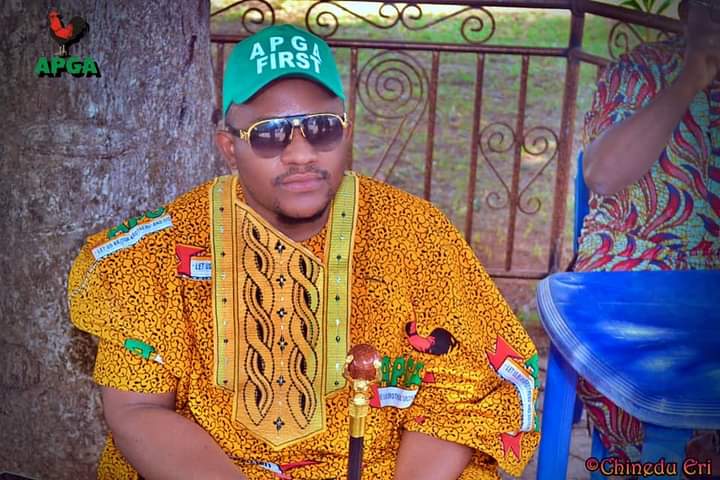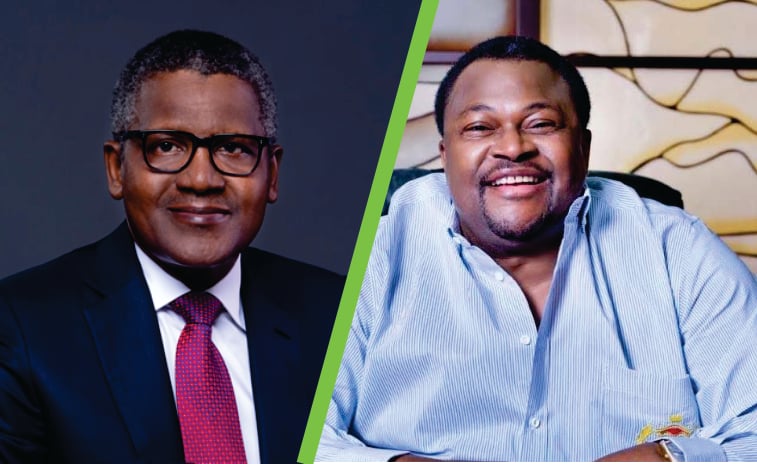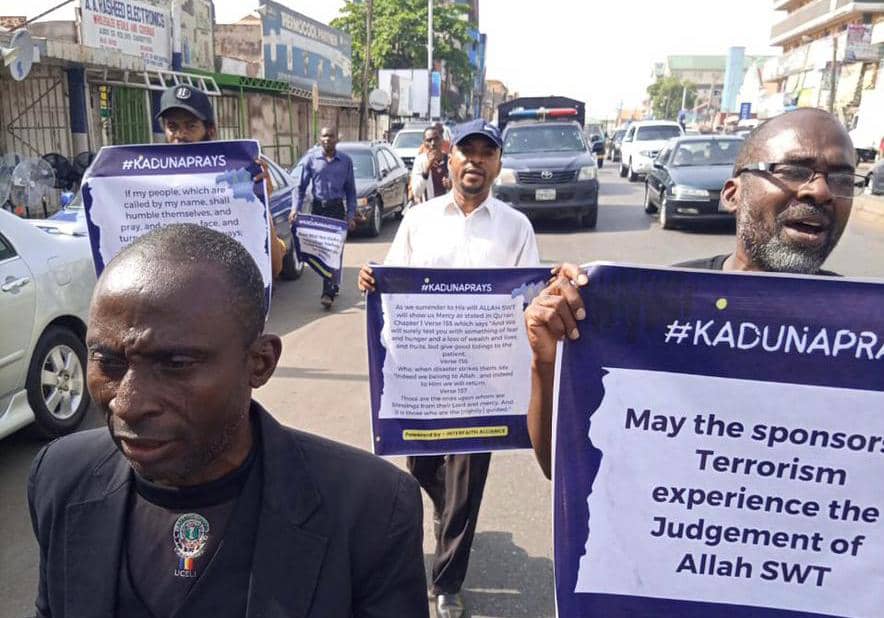United Nations (UN) general assembly. Photo credit: Manuel Elias
The United Nations (UN) general assembly, on Thursday, adopted a resolution calling for the suspension of Russia from the human rights council.
The resolution received a two-thirds majority in the 193-member assembly, with 93 nations voting in favour and 24 against, while 58 countries abstained from the process.
According to a statement from the UN, the meeting marked the resumption of a special emergency session on the war in Ukraine and followed reports of violations committed by Russian forces.
Last weekend, viral videos from Bucha, a suburb of the capital, Kyiv, showed the streets littered with corpses, with some having their hands tied behind their backs.
Advertisement
The bodies were found after Russian troops withdrew from the town.
The killings drew international outrage, with Western leaders calling for war crimes investigations against Russia.
Ukrainian President Volodymyr Zelenskyy had also called for more sanctions on Russia.
Advertisement
But Russia has denied that its forces were responsible for the civilians’ deaths, describing the video footage as “fake”.
According to the statement, before the vote was taken on Thursday, Sergiy Kyslytsya, Ukrainian ambassador, urged countries to support the resolution.
“Bucha and dozens of other Ukrainian cities and villages, where thousands of peaceful residents have been killed, tortured, raped, abducted, and robbed by the Russian army, serve as an example of how dramatically far the Russian Federation has gone from its initial declarations in the human rights domain,” he had said.
“That is why this case is unique and today’s response is obvious and self-explanatory.”
Advertisement
But Gennady Kuzmin, deputy Russian ambassador, called for countries to “vote against the attempt by western countries and their allies to destroy the existing human rights architecture”.
On Wednesday, the United States said it would impose a fresh round of sanctions on Russia over its invasion of Ukraine.
The new sanctions include a ban on all new investments in Russia, increased sanctions on two major financial institutions in Russia — Sberbank and Alfa-Bank — as well as on major Russian state-owned enterprises, and sanctions on Russian government officials and their family members — including Putin’s adult children.
Advertisement
Add a comment
